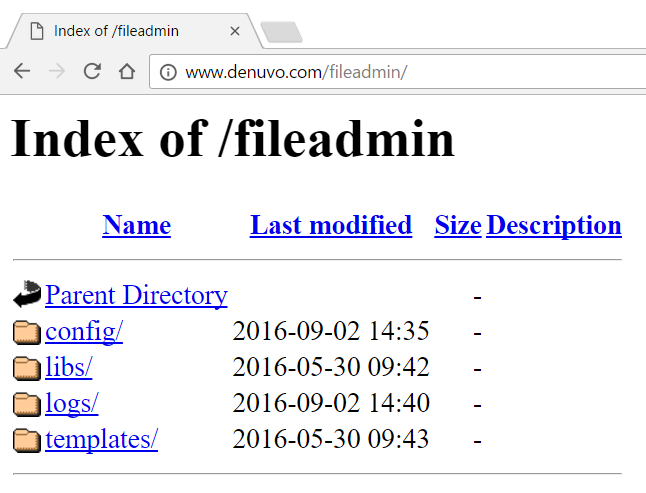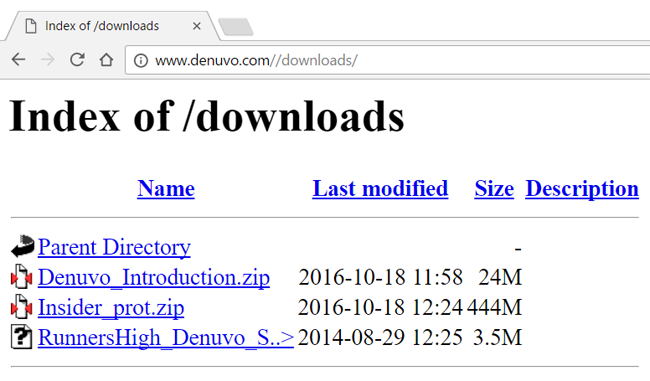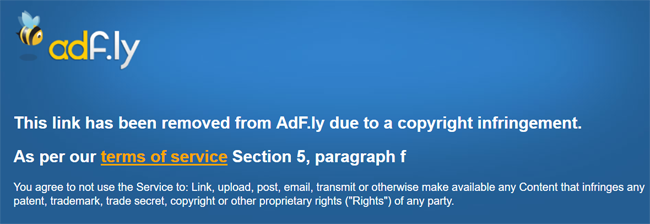Hosting Provider Steadfast Denies Liability for ‘Pirate’ Site
dimanche 5 février 2017 à 22:14 Copyright holders are increasingly urging third-party Internet services to cut their ties with pirate sites.
Copyright holders are increasingly urging third-party Internet services to cut their ties with pirate sites.
Hosting providers, search engines, ISPs, domain name registrars, and advertisers should all do more to counter online piracy, the argument goes.
Last year, adult entertainment publisher ALS Scan took things up a notch by dragging several third-party intermediaries to court. The company targeted CDN provider CloudFlare, advertising network JuicyAds, and several hosting providers, including Chicago-based Steadfast.
Steadfast is not happy with the allegations and has asked the court to dismiss the case. Among other things, the company argues that it’s protected by the DMCA’s safe harbor provisions.
“Steadfast does not operate or manage the Imagebam website. Steadfast does not in any way communicate with or interact with Imagebam’s individual users. Steadfast only provides computer storage,” the company informed the court in its motion to dismiss.
ALS Scan clearly disagrees with this reasoning. According to the adult company, Steadfast should have stopped the infringements on the website of their client.
In addition, the company says that the hosting provider can’t hide behind “safe harbor” protection as it failed to implement a repeat infringer policy, branding ImageBam a frequent offender.
“Steadfast could remove the infringements on imagebam.com, or the site itself, from the Internet. Steadfast financially benefited from the draw of infringement on imagebam.com,” ALS Scan wrote in its opposition brief (pdf) last week.
“Steadfast’s safe harbor defenses are intensely factual, not susceptible of resolution on demurrer. Steadfast failed to reasonably implement a policy of terminating account holders who are repeat infringers, and thus cannot claim DMCA safe harbors,” they add.
Earlier this week Steadfast responded to these and other claims by the adult publisher, arguing that the company is misrepresenting case-law.
The hosting provider maintains that the DMCA law shields it from liability. The repeat infringer argument doesn’t apply here, as they company doesn’t have the ability to control the actions of ImageBam users, among other things.
“In its Opposition, ALS states that in order to avoid liability for contributory infringement, a service provider must terminate services to repeat infringers. This is simply not the law. The service provider must have more power to influence the activity,” Steadfast argues in its reply (pdf).
It is now up to the California District Court to decide which side is right. In addition to Steadfast, several other defendants including CloudFlare are still trying to turn the case in their favor as well.
While ALS Scan is not an internationally known rightsholder, the case may prove to be vital for many Internet-based services in the United States. As we’ve seen with the case between Cox Communication and BMG, an entire industry is put at risk when a service provider loses its safe harbor protection.
Source: TF, for the latest info on copyright, file-sharing, torrent sites and ANONYMOUS VPN services.






 On Friday evening millions of Australians were tuning into to the long awaited rematch between the Australian boxers Anthony Mundine and Danny Green.
On Friday evening millions of Australians were tuning into to the long awaited rematch between the Australian boxers Anthony Mundine and Danny Green.